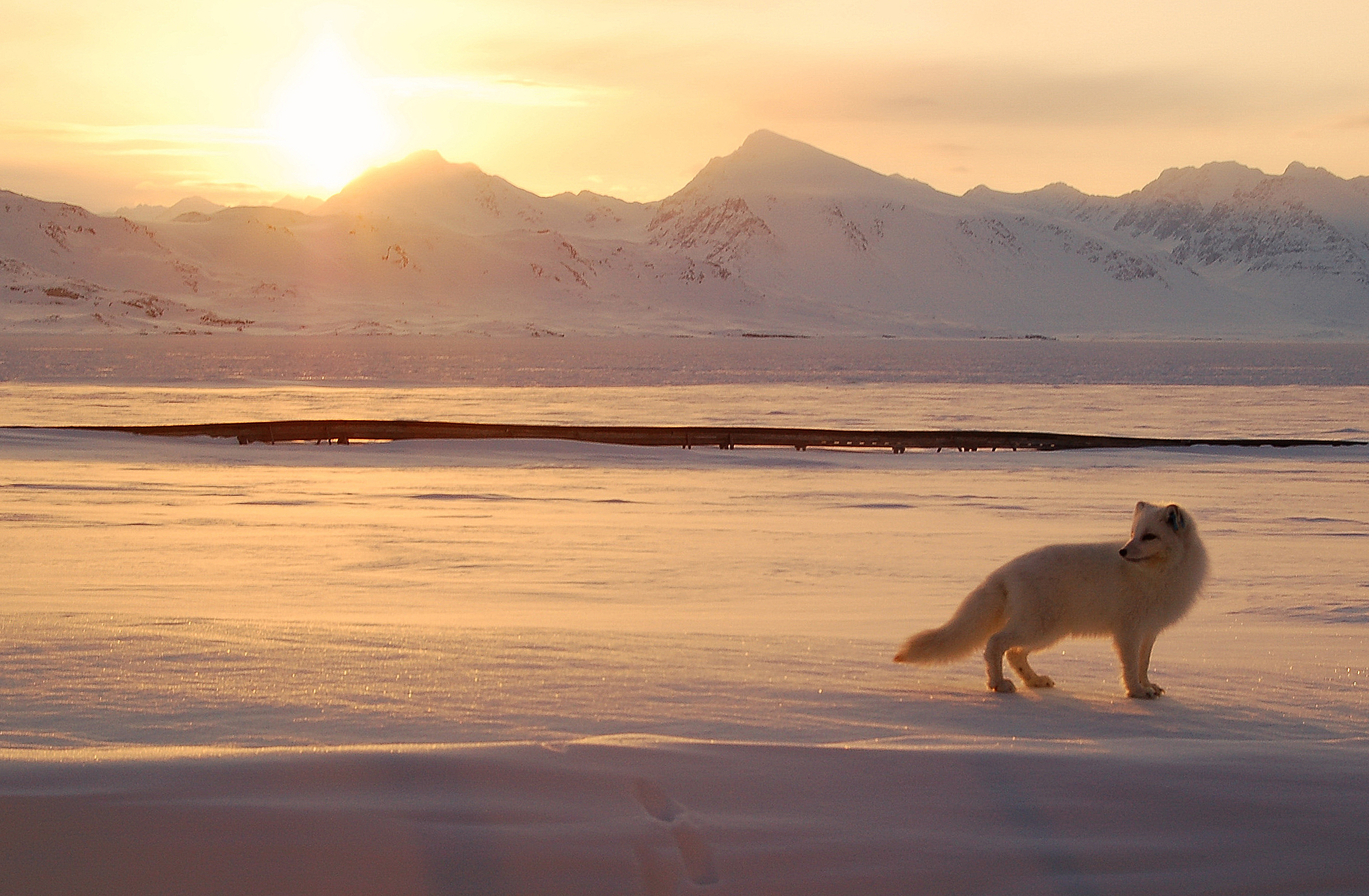Is mercury harming foxes in the Russian Arctic?

Several studies in recent years have sounded the alarm on rising mercury levels in the Arctic ecosystem.
Now scientists have found another link between toxic chemicals and the Arctic environment with a new study focusing on Arctic foxes.
The research was conducted in the Russian Arctic and published in the journal PLOS one and suggests that mercury levels may be harming Arctic foxes in the world’s circumpolar regions.
The study compared Arctic fox populations living inland in Iceland, with foxes living along coastal areas of islands east off Russia’s Kamchatka Peninsula.
The Russian foxes had higher levels of contaminants in their systems than the Iceland foxes.
The research suggests that the higher mercury levels in Arctic marine life, the main food supply for foxes in coastal areas, may be responsible.
To read more about the study and its findings:
Mercury poisoning linked to decline in Arctic fox populations, Voice of Russia
Mercury exposure linked to dramatic decline in Arctic foxes, BBC
Related Links:
Researchers must be honest with Arctic peoples about food contaminants: doctor, Eye on the Arctic
Unravelling the Mercury Mystery, Emily Chung, CBC News
Toxic Metals in Whales Threat to Humans: US Study, The Associated Press
Salmon-fed sled dogs along Alaska’s Yukon River show signs of mercury, Alaska Dispatch



